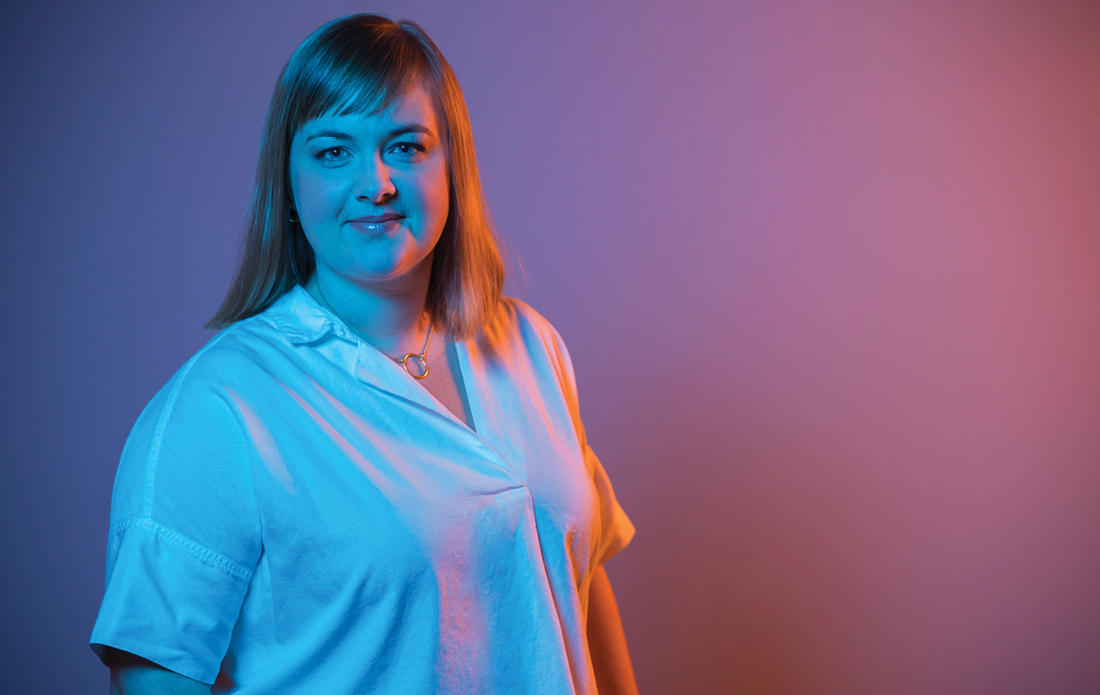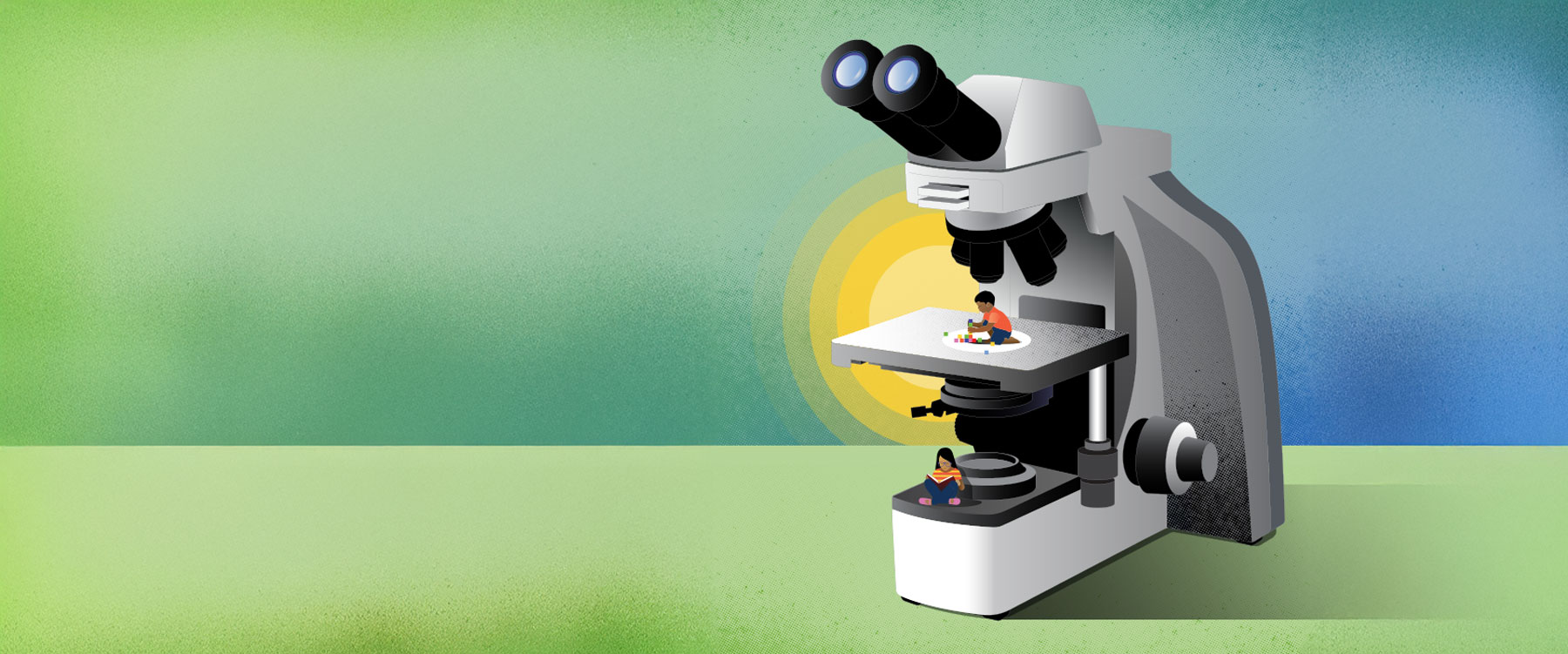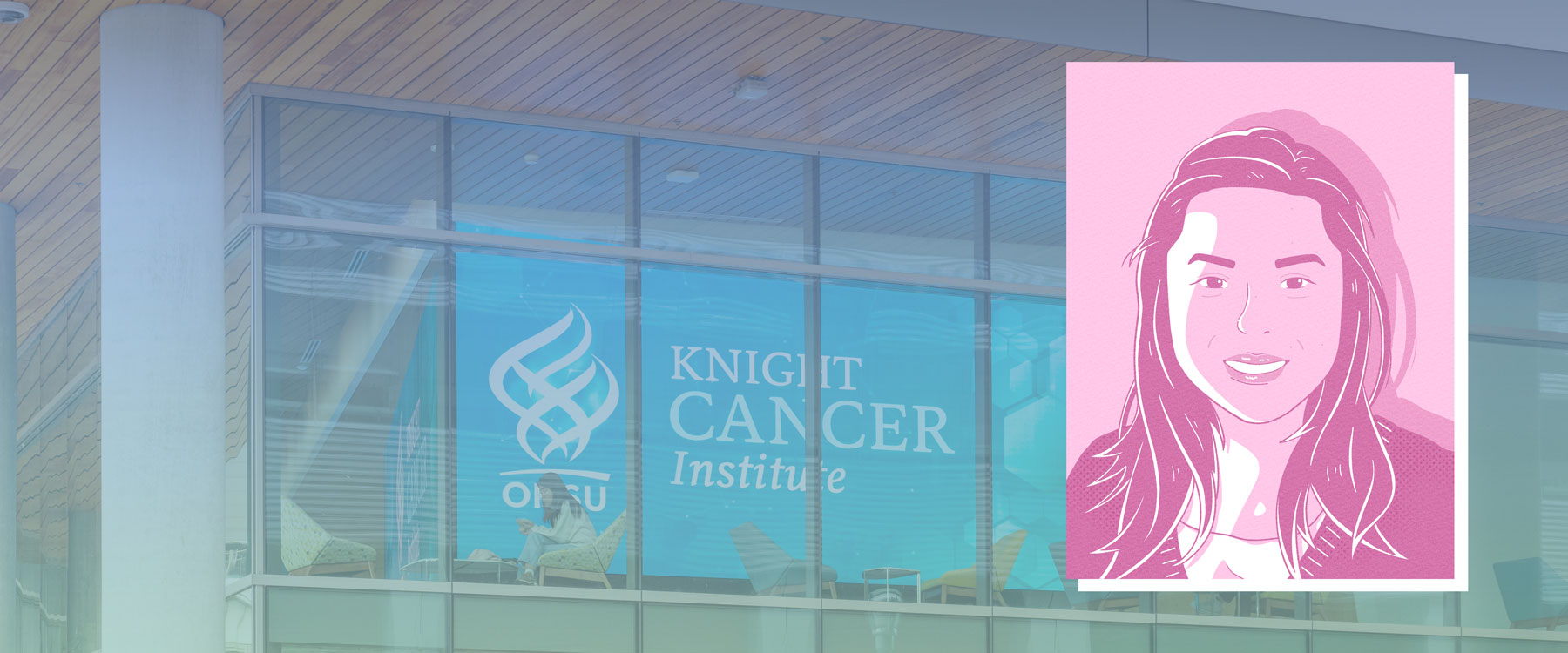Cancer research is filled with preconceived notions — and there’s nothing Amanda Lund, PhD, loves better than challenging them. Through her study of the lymphatic system in melanoma and other skin cancers, she’s shining a light on an area of research that previously hasn’t gotten much love.
“Lymphatics are rarely studied, but they could be incredibly helpful in fighting cancer. I think it’s fun to challenge the thinking around which ideas are worth pursuing and which aren’t. That’s really a main motivator for me,” she said.
Born and raised in Connecticut, Lund credits a high school biology teacher for encouraging her to pursue science. After earning her PhD at the Rensselaer Polytechnic Institute and completing a postdoc in Switzerland, she turned her sights to the Knight Cancer Institute.
Help more patients survive more cancers
“One of my mentors was building a program here around tumor microenvironments and immunology. What I wanted to do was at the intersection of those two things, so I decided to join her team,” she explained.
Lund’s work is focused on understanding how the lymphatic system controls the immune system. “If we can understand that, perhaps we can manipulate it,” she said. That could lead to better retention of therapeutic drugs, or the ability to introduce more beneficial immune cells to help fight tumors.
“Cancer is tricky, because it’s always adapting,” she said. “But by harnessing the immune response through the lymphatic system, we can get our bodies to adapt as well.”
“I think our ability to innovate and challenge paradigms requires curiosity-driven, disruptive ideas.”
Lund’s contributions to this promising area of research have earned her numerous awards from the Melanoma Research Alliance, the National Cancer Institute and the National Institutes of Health. Most recently, she received the Cancer Research Institute Lloyd J. Old STAR award. Lund is one of five researchers across the nation to receive the $1.25 million grant.
She had another remarkable achievement this year as well — Lund became a new mom.
“It’s definitely been an exciting year,” she laughed. Lund said that the role of motherhood brings a new sense of responsibility — not just to her baby daughter, but also to other women.
“I want them to know that balancing a career in cancer research with being a mom is totally achievable. Plenty of women have done it before me; it’s not a big deal. Just like in science, you learn to figure it out.”




